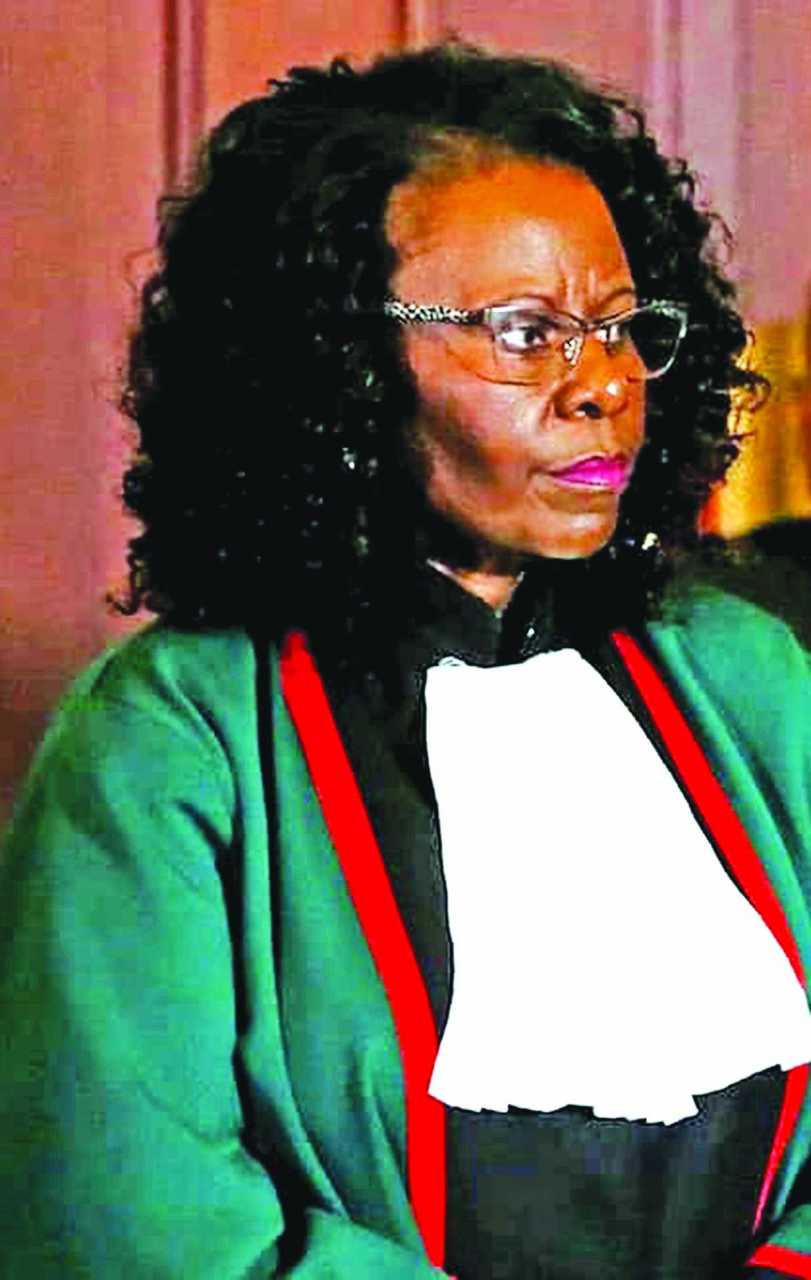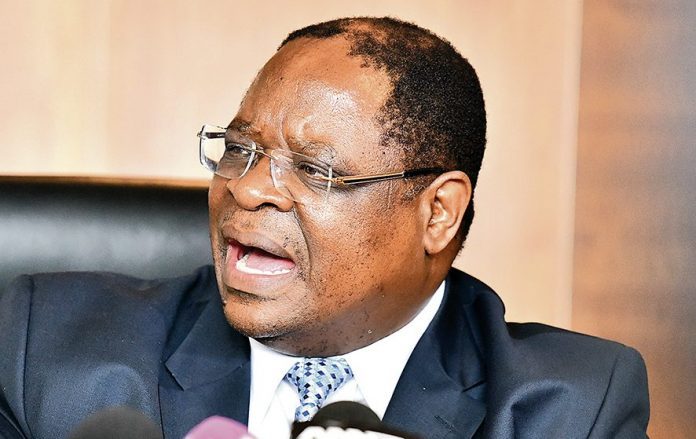Johannesburg – After a trailblazing legal career spanning over 40 years, Justice Sisi Khampepe retired on October 11, 2021.
Khampepe was born in Soweto, Johannesburg. After obtaining her B Proc from the University of Zululand, she travelled abroad to further her education through postgraduate studies.
She graduated with an LLM degree from Harvard University in the US, and then served articles at Bowman Gilfillan. She later started her own practice under the name SV Khampepe Attorneys, one of few black labour law firms in the country at the time.
Her main area of practice, for which she was renowned, was the defence of workers against unjust laws and unfair employment practices.
Throughout her career, she served in a number of positions of note.
[membership level=”1″]In 1995, she was appointed by former president Nelson Mandela as one of the Commissioners of the Truth and Reconciliation Commission. In 2004, former president Thabo Mbeki appointed her together with Justice Dikgang Moseneke to oversee the Zimbabwean elections.
In February 2006, the secretary-general of the Commonwealth, Donald C McKinnon, seconded her as a member of the Commonwealth Observer Group to the presidential and parliamentary elections in Uganda. From 2005 to 2006, she chaired a commission of inquiry that came to be known as the Khampepe Commission.
The commission looked into the mandate and location of the directorate of special operations, commonly known as the Scorpions. She was also the vice-chairperson of the National Council of Correctional Services from 2005 to April 2010.
Khampepe’s judicial career commenced with her appointment as a judge of the Gauteng Division of the High Court in December 2000. She later served as acting deputy judge president of the Labour Appeal Court and Labour Court.
Her elevation to the apex court of the republic, the Constitutional Court, took effect in October 2009. On two occasions since her appointment as a justice of the Constitutional Court, she has served as the acting deputy chief justice of the republic.
Khampepe’s time on the bench of the Constitutional Court is marked and celebrated as a period during which she eloquently developed jurisprudence on the rights of women and children and other vulnerable members of society.
Her last two well-known judgments related to the work of the State Capture Commission of Inquiry and strengthened the rule of law and the principle of equality before the law. After decades of bountiful contributions to South Afri can law and society, she is to enjoy her well-earned retirement with her loving husband and family.

Monday, October 11, also marked the end of Justice Chris Jafta’s term of office as a justice of the Constitutional Court. This marked the end of 12 years at the apex court. Jafta obtained his B Juris and LLB degrees from the University of Transkei (now Walter Sisulu University) in 1983 and 1987.

He started his career as a court interpreter in 1983. He was appointed as a district court public prosecutor at the beginning of 1984. He worked in that capacity until December 1985 when his authority to prosecute was withdrawn by the attorney-general at the insistence of the apartheid government security police and he was demoted to the position of an administrative clerk.
This occurred after he had rejected instructions from the security police on how he should conduct prosecutions in some cases. He was briefly detained and subjected to intense interrogation. In July 1986, he was appointed as a magistrate. In February 1988, he resigned and joined Mbuqe and Mbuqe, a firm of attorneys, as a candidate attorney.
In August 1988, he resigned to join the University of Transkei as a lecturer. There, he taught commercial law and constitutional law. In 1992, he did pupillage at the Johannes burg Bar.
Jafta commenced practice as an advocate in Mthatha in January 1993. His practice focused mainly on labour and constitutional matters. In 1997, he was appointed as an acting judge of the high court (Transkei Division) for four months.
In January 1999, he became an acting judge of the same division until November 1999, when he was appointed as a judge of that division. In June 2001, Jafta was appointed the acting judge president of the Transkei Division of the High Court until June 2003, when he was appointed as an acting judge of appeal in the Labour Appeal Court.
From June to October 2004, he was an acting judge of appeal in the Supreme Court of Appeal in Bloemfontein.
In November 2004, he was appointed as a judge of appeal in that court. In October 2009 Jafta was appointed as a justice of the Constitutional Court in which capacity he served until Mon day, October 11. For some time he served as a member of the Council of the South African Judicial Education Institute. Jafta has made a huge contribution to this coun try’s jurisprudence.
• Zondo is Acting Chief Justice. The tribute was first published in the Judiciary Special edition newsletter
Follow @SundayWorldZA on Twitter and @sundayworldza on Instagram, or like our Facebook Page, Sunday World, by clicking here for the latest breaking news in South Africa. To Subscribe to Sunday World, click here.
Sunday World
[/membership] [pmpro_signup submit_button=”Register” level=”1″ login=”1″ redirect=”referrer” short=”false” title=”Thank you for choosing Sunday World, to read this article for free, please register below at no cost.” short=”true” custom_fields=”true”]


